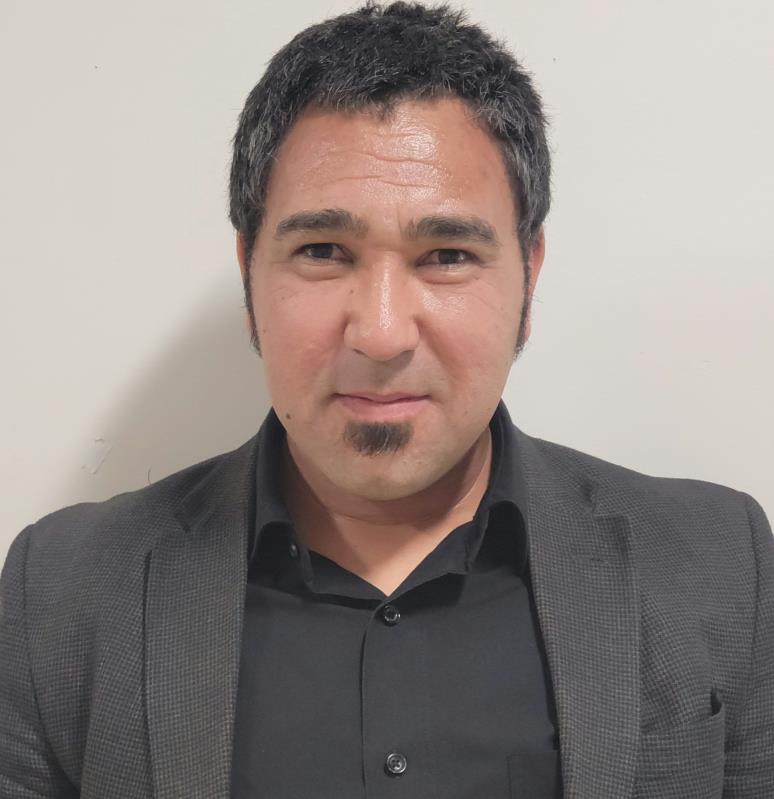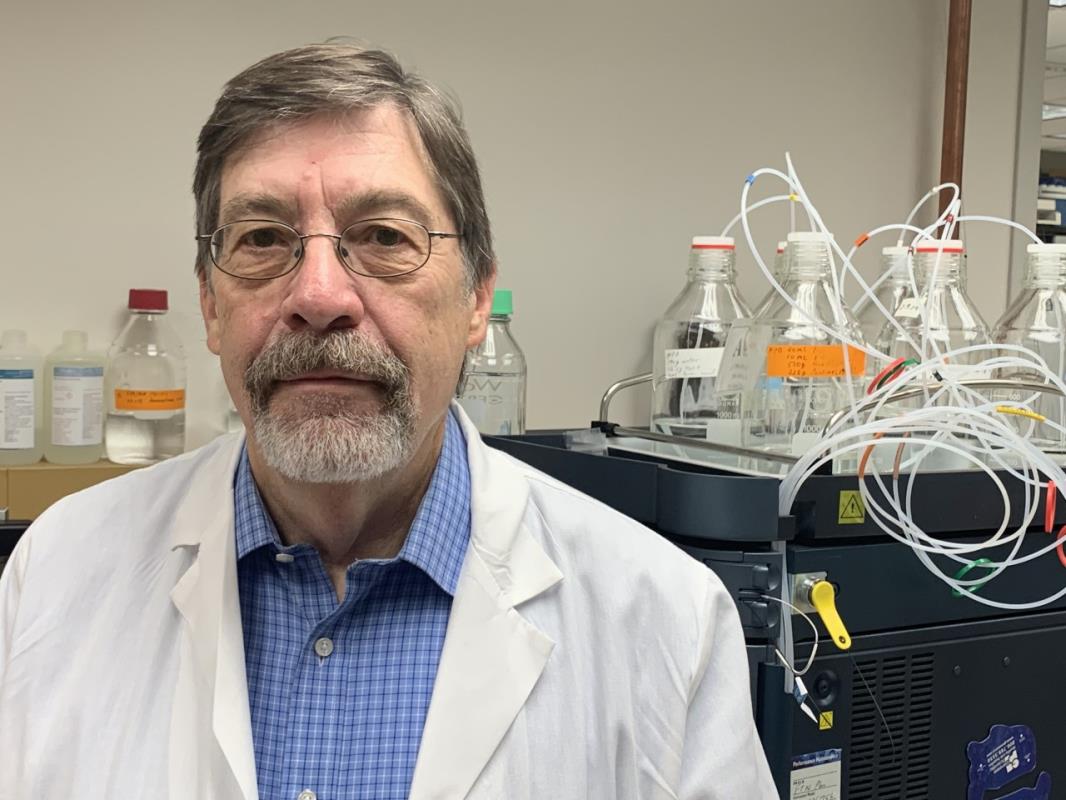6/17/2025
My research interests are related to conditions that cause epilepsy and brain malformations in children. My lab uses a combination of biochemical, electrophysiological, and imaging techniques to analyze both human…
6/17/2025
Our research focuses on several key areas that drive our scientific interests and contribute to the understanding and treatment of neurodegenerative diseases. These areas include: 1. Investigation of RNA modifications and…
6/17/2025
1) Seizures as brain explorers: A few thousand neurons acting together can generate a seizure, but it travels far from its origin, generating convulsive and dystonic movements, triggering and erasing…
6/17/2025
The research interests in the Kaya Lab lie in the mechanistic understanding of pathways regulating cellular aging and age-related disease progression. We believe that a strong understanding of biological problems…
6/17/2025
Advancement in the design of imaging agents has many far-reaching implications for the future directions of molecular imaging and radiological sciences including the following: (1) The early detection of disease…
6/17/2025
Discovering and characterizing inhibitors for Sphingosine Kinase and Sphingosine 1-phosphate transporters (Spns2 and Mfsd2b)
6/17/2025
A. Personal Statement I am an active, practicing vascular surgeon who has also maintained an independently funded basic science/translational research laboratory since 2003. My clinical practice is focused on the care…
6/17/2025
Research Interests: Role of lipid oxidation products in inflammation and vascular immunology in atherosclerosis and diabetes. 1. Resolution of acute and propagation of chronic inflammation. 2. Mechanisms of endothelial-monocyte interaction in chronic…
6/17/2025
Our research investigates the biology of the lipid mediator, sphingosine 1-phosphate (S1P). S1P concentration gradients are known to influence immune cell positioning. Indeed, S1P type 1 receptor agonist drugs are…
6/17/2025










